Eating a healthy, fuel-filled diet is equally as important as physical fitness when it comes to building strength and maintaining a healthy lifestyle. While healthy habits should be taught at a young age, there are so many new products being introduced to the wellness and supplement markets it may be hard to keep track. Kevin McGuinness, PT, DPT, SCS, CSCS, physical therapist at the Fight For Children Sports Medicine Center at Children’s National Hospital, answers commonly asked questions when it comes to nutrition for young athletes.
Lots of teens who are into muscle building alter their diets to add more protein, do you have any guidelines for how to do this properly?
- Protein is one of the three macronutrients that make up the caloric content of food; carbohydrates and fats are the other two. The total number of calories an athlete consumes daily as well as the ratio of protein, carbohydrates and fats that make up that total caloric intake are both important for athletic performance.
- Athletes need to consume more calories than their sedentary counterparts. When athletes add weightlifting to their training regimen, they also need to increase the amount of protein and total calories they consume.
- Research suggests that teenage athletes need about 0.7 grams of protein per pound of bodyweight per day. That means that a healthy, 150-pound athlete who is playing a sport and resistance training should consume about 100 grams of protein per day. Always consult your pediatrician or a registered dietician when considering big changes to your child’s diet.
Is it okay for teens to take protein powders or drink protein shakes? Are supplements like “pre-workouts” and creatine okay for teens?
- The Food and Drug Administration does not test the safety or effectiveness of workout supplements. That means there is no way to ensure that your protein powder, pre-workout or other ergogenic aid contains what it claims to. Many have been found to have harmful compounds, and athletes who undergo drug screening have sometimes tested positive for banned substances.
- It’s generally recommended that young athletes increase their protein intake by consuming more animal-based proteins (meat, poultry, fish, eggs and dairy) and plant-based proteins (tofu, lentils, quinoa or non-dairy milks).
- Caffeine and creatine are well-researched supplements that are generally considered safe and provide a small performance-enhancing effect in adults. These supplements are not well-researched in teenagers and as such are generally not recommended for young trainees.
- Good sleep habits, proper nutrition and smart training practices account for most performance benefits athletes will experience from weightlifting. The use of workout supplements has a relatively small effect in comparison to living a healthy lifestyle and working hard. The American Academy of Pediatrics states that “performance supplements don’t improve the abilities of teenage athletes beyond those that come from proper nutrition and training.”
Are sports drinks like Gatorade okay for hydration?
- Gatorade, Powerade and other commercial sports drinks are a mix of water, carbohydrates and important minerals called electrolytes. When athletes workout they use carbohydrates as their primary energy source and lose a mixture of water and electrolytes (especially sodium and chloride) as they sweat; these kinds of sports drinks might be helpful for long-duration sports such as tennis, soccer, cycling and running long distances or intense sprints and for athletes playing in very hot, humid conditions. Consuming sports drinks probably doesn’t help resistance training performance much. Sugar-sweetened beverages are also high in calories, which can negatively affect your sports performance. When it comes to energy drinks, many contain high levels of caffeine and sugar which, if taken in excess, can have dangerous and counterproductive effects.
A fuel-filled diet, balanced with safe training are key to a growing athlete’s development. Small substitutes can go a long way in promoting wellness and energy to participate in the activities they love while seeing the results they want.
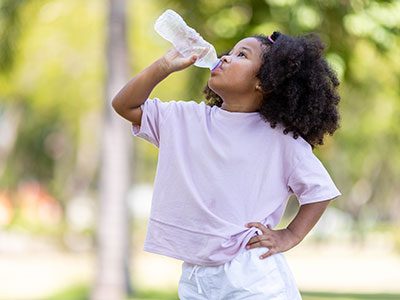 https://riseandshine.childrensnational.org/wp-content/uploads/2025/07/girl-drinking-water-feature.jpg
300
400
webteam
https://riseandshine.childrensnational.org/wp-content/uploads/2017/11/childrens_riseandshine_logo.jpg
webteam2025-07-02 10:17:232025-07-09 15:49:03How to keep your kids hydrated and safe in the summer heat
https://riseandshine.childrensnational.org/wp-content/uploads/2025/07/girl-drinking-water-feature.jpg
300
400
webteam
https://riseandshine.childrensnational.org/wp-content/uploads/2017/11/childrens_riseandshine_logo.jpg
webteam2025-07-02 10:17:232025-07-09 15:49:03How to keep your kids hydrated and safe in the summer heat






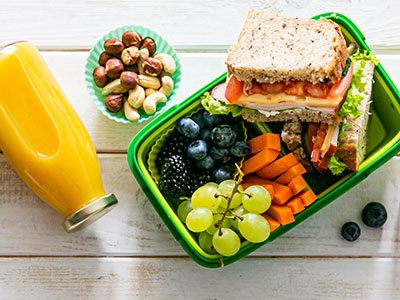



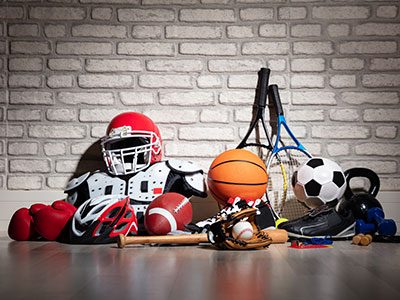
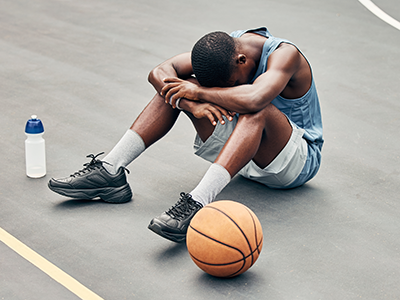
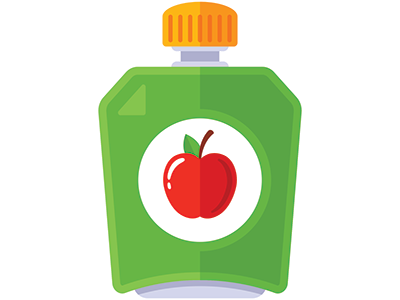
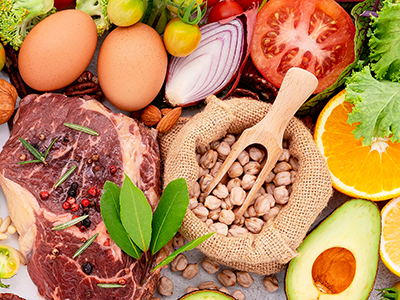

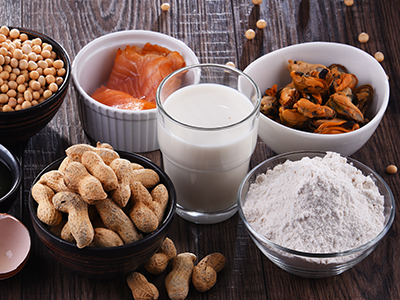
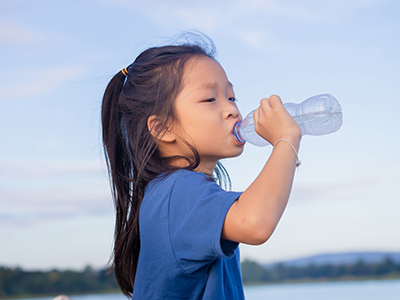
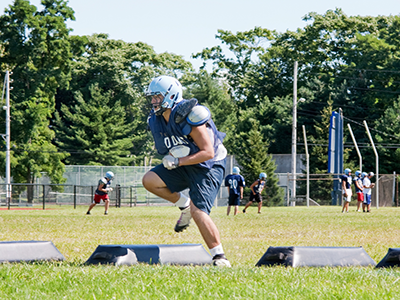

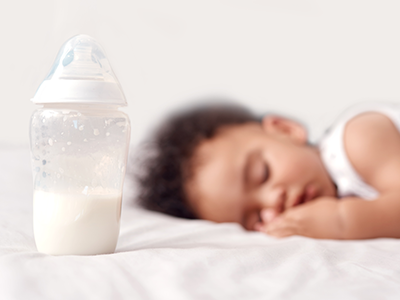

Leave a Comment
Want to join the discussion?Feel free to contribute!